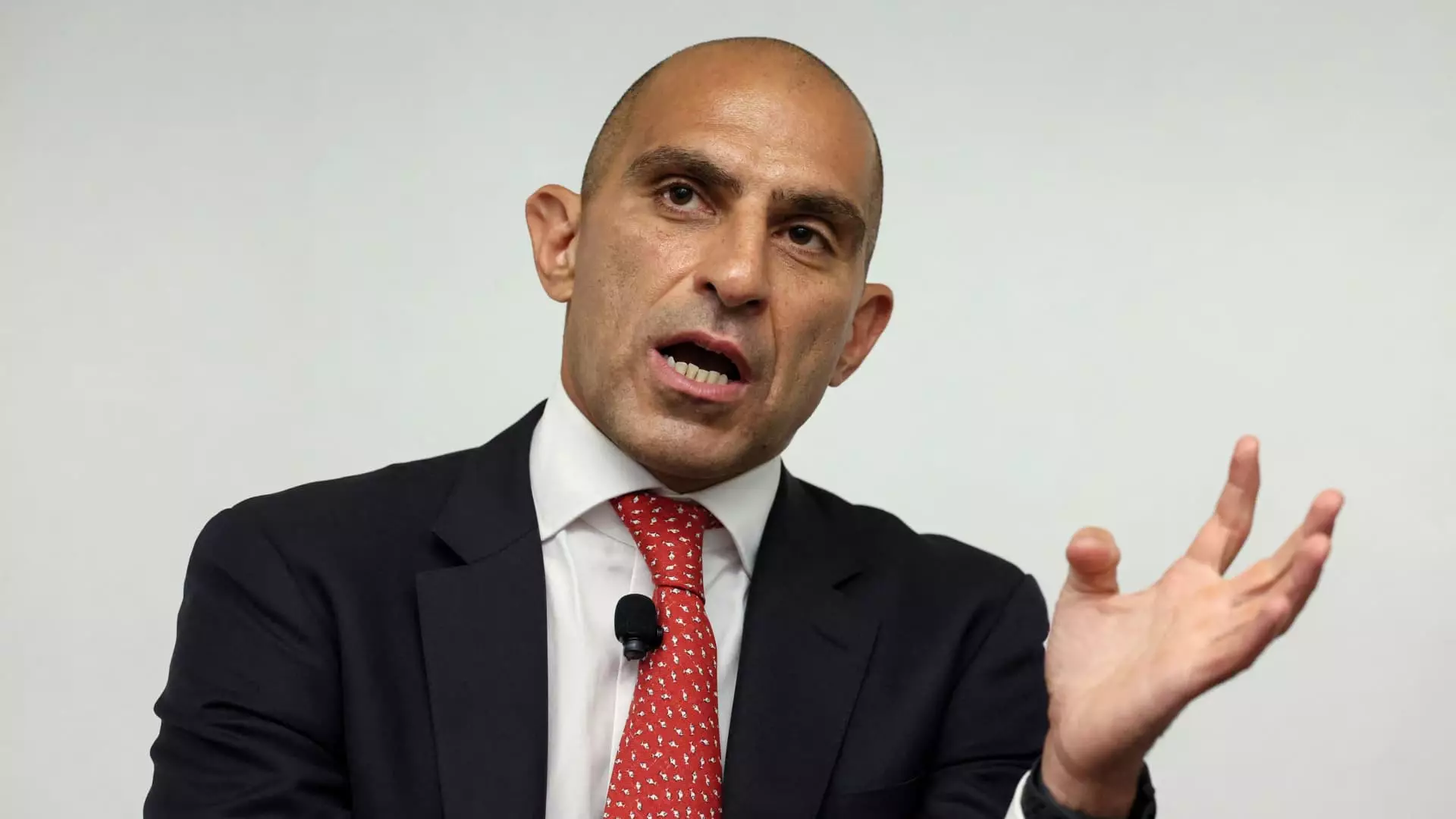As the financial world constantly shifts with new products and technologies, regulatory bodies face increasing pressure to adapt swiftly and effectively. One of the most significant challenges is posed by the burgeoning arena of digital assets, alongside traditional issues such as the regulation of event contracts related to political elections. Recently, Rostin Behnam, the chairman of the Commodity Futures Trading Commission (CFTC), has highlighted the agency’s stance and ongoing efforts in this critical regulatory landscape during his address at DC Fintech Week.
At the forefront of the CFTC’s current challenges is its contentious legal battle with Kalshi, a financial exchange that allows bets on various outcomes, including U.S. elections. Following a legal setback in September, where an appeals court lifted an injunction that prevented Kalshi from offering these controversial contracts, Behnam reaffirmed the agency’s consistent position that betting on political events should remain illegal. The CFTC’s commitment is evident in its decision to appeal the ruling while striving to maintain market integrity. This reflects a broader concern about the potential implications of such betting on the democratic process and public trust in electoral outcomes.
Beyond the specifics of event contracts, the rapid proliferation of digital assets presents a complex challenge for regulators. Behnam pointed out the vulnerability of everyday Americans to digital asset scams, emphasizing the urgent need for a comprehensive legislative framework that can adapt to this evolving market. The current lack of clear regulations means that fraud can occur unchecked, which puts consumers and the broader financial system at risk. The call for Congress to act demonstrates an awareness of the complexities involved in regulating innovative financial products while protecting investors.
As the CFTC grapples with these challenges, Behnam’s insights underscore the agency’s commitment to crafting a regulatory environment that nurtures innovation while safeguarding market integrity. His expressions of concern about the digital asset landscape incorporate not only a defense of consumer interests but also a recognition that legislation must evolve to match the rapid pace of financial technology. A synchronized approach involving regulators, legislators, and industry stakeholders is essential for establishing a safe marketplace where innovation can thrive without compromising the protections and trust that underpin the financial system.
The discussions surrounding the regulation of event contracts and the emergence of digital assets symbolize a critical period for the CFTC. Behnam’s vision for an adaptive regulatory framework provides a narrative of cautious optimism amidst uncertainty. As the market evolves, so too must the regulations that govern it. The urgency expressed by Behnam signals a pivotal moment for financial oversight, where the balance between innovation and consumer protection becomes increasingly vital. A collaborative effort between all stakeholders will be crucial to building a robust, inclusive financial ecosystem suited for the challenges ahead.

